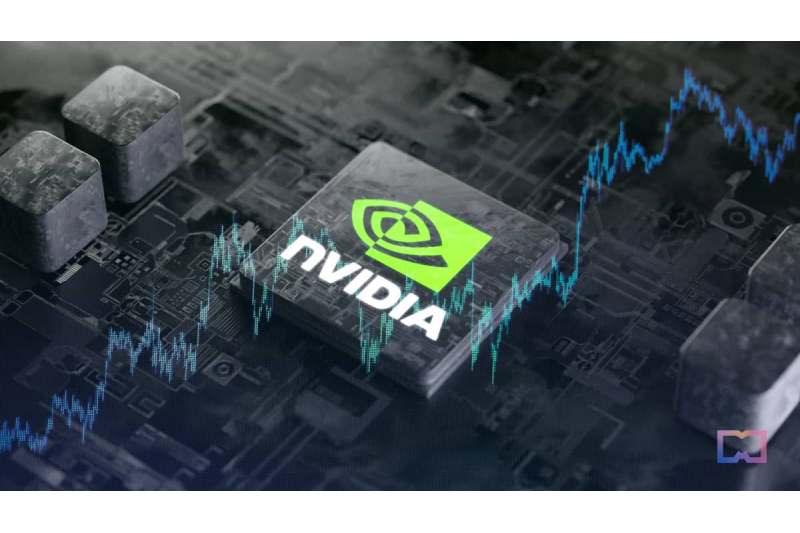Nvidia’s collaboration with Starcloud, formerly known as Lumen Orbit, secured the largest seed funding of $21 million in the history of Y Combinator-backed startups, Green AI is transforming the artificial intelligence era.
At a $40 million valuation, Starcloud (Lumen Orbit) received a $11 million funding round in December. Then, on Wednesday, it raised $10 million more in new funding, increasing the total amount of seed money raised to $21 million.
NFX, Y Combinator, FUSE, Soma Capital, and scout funds from Andreessen Horowitz and Sequoia Capital were among the investors.Additional money in the form of a simplified agreement for future equity, or SAFE, is provided by a number of new venture capital firms as well as former seed investors.
Since the firm has already attracted the attention of roughly 200 investors (VCs), it is contributing significantly to the growth of green AI. Green AI startups are expected to provide some light amid the chaos caused by Trump’s “drill, baby, drill” strategy, which aims to increase the extraction of fossil fuels in order to make the nation more energy independent. This will increase power consumption and signify the country’s decision to renounce the 2015 Paris Agreement. Axiom Space, based in Houston, and the EU’s Ascend project are carrying out comparable tasks.
In light of the increased emphasis on climate change, data centers in major economies such as the US, China, and the EU currently consume between 2 and 4% of all electricity. They have a strong local impact since they are often spatially concentrated. More than half of the world’s AI data centers, which house massive data servers, are located in the United States, where they are predicted to account for 13% of all electricity usage by 2030.
Approximately 500,000 gallons of water can be used every day by a typical data center. A 1 megawatt (MW) data center, for example, can use up to 25.5 million liters of water a year solely for cooling, which is the same amount of water that about 300,000 people use every day. In the past, these data centers have disproportionately affected drought-stricken regions like Mesa, Arizona, and Utah, despite efforts to switch from cooling air to cooling water in an effort to reduce carbon emissions.
This may be the reason Starcloud chose to perform. The YC-backed firm, which was founded in early 2024 by Philip Johnston, Ezra Feilden, and Adi Oltean, plans to use Nvidia GPUs for satellite photography in order to establish space-based data centers. By utilizing solar energy, this would lessen the need for energy-intensive AI computation on Earth and cut down on e-waste.
Space data centers are less vulnerable to natural calamities and provide mobility in data access. Along with the potential for servers to be naturally cooled by space’s vacuum, this also means access to constant solar energy, which would assist the US meet COP29 objectives. Accelerated computing is all about achieving more with less, according to Nvidia, the startup’s partner, in their blog article “AI at COP29: Balancing Innovation and Sustainability.” Compared to CPUs, it uses specialized hardware, such as GPUs, to complete jobs more quickly and with less energy.
In July 2025, Starcloud plans to launch their prototype satellite. The startup’s ability to take advantage of lower satellite prices, which it currently can, is crucial to its success. Tech mogul Elon Musk’s company, Starlink, has been gaining ground on rival Starcloud thanks to its flourishing satellite network, which Musk says would produce quick results in the upcoming years. Another difficulty that can counteract some of the excitement is maintaining space data centers. Operations may be disrupted by space weather, such as solar flares, and collisions with debris are concerning.


